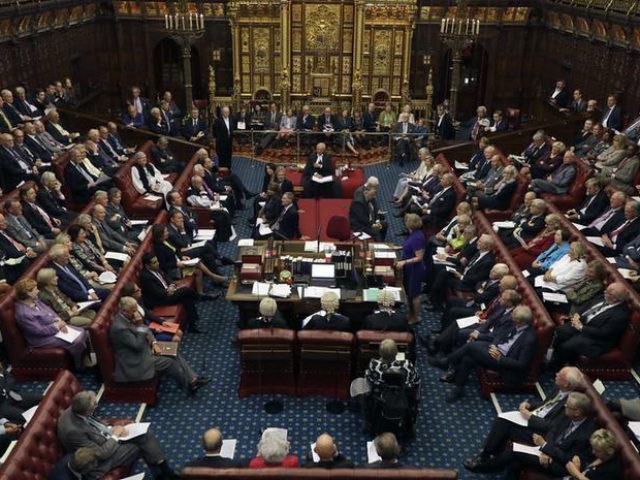(Reuters) – The government shelved plans to strip the unelected upper house of parliament of its right to veto new laws on Thursday, backing away from reforms demanded last year by then-prime minister David Cameron.
Cameron had ordered a review into the House of Lords after lawmakers there blocked his plans to cut welfare spending – an unusual move that broke a long-standing convention and, according to some, triggered a constitutional crisis.
The review by Conservative politician Thomas Galbraith, known as Lord Strathclyde, recommended that the upper house could ask the elected lower chamber, the House of Commons, to “think again” on legislation it disagreed with, but that the Commons should have the final say.
However, in the latest change in policy by Prime Minister Theresa May, who took office in July, the government said it had no plans to legislate to introduce the report’s recommendations.
“While the government found the analysis of Lord Strathclyde compelling and we are determined that the principle of the supremacy of the elected house should be upheld, we have no plans for now to introduce primary legislation,” said David Lidington, the minister who manages government business in parliament.
Reform of the upper chamber has been pursued by British governments for more than a century, but progress has been slow, with a consensus on any comprehensive change out of reach.
Many lawmakers wish to abolish the upper chamber, arguing that the right of the prime minister to make lifetime political appointments is undemocratic, and that many Lords are too old or too privileged to represent ordinary Britons.

COMMENTS
Please let us know if you're having issues with commenting.